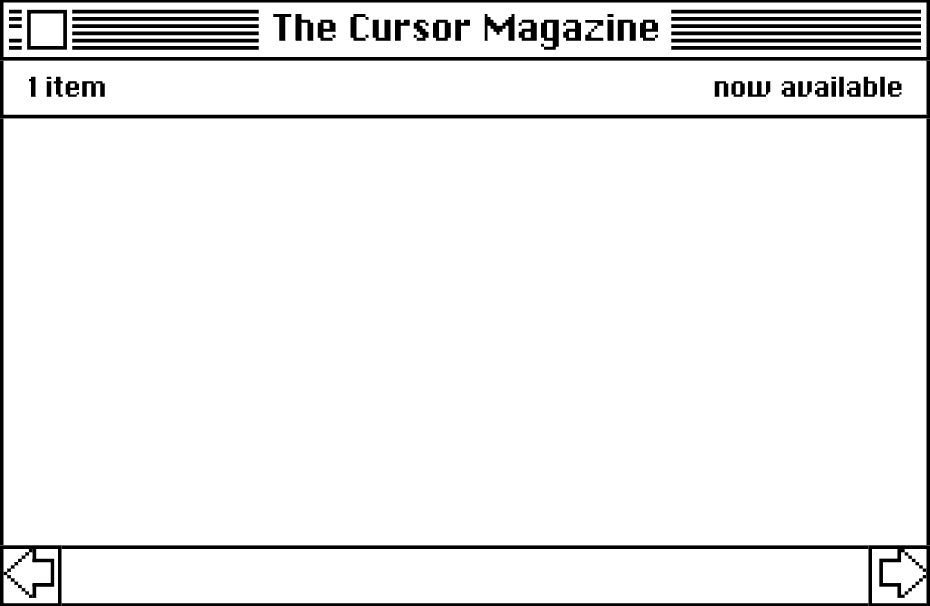Hi, I’m Maureen and I work as a product designer and design content creator. The Cursor Magazine is my online publication on design, workshop facilitation and career.
If there’s one thing that really helped me grow as a designer in the past years, it’s learning how to take feedback well and seek it often.
Sharing work in early stages and gaining visibility on my work beyond my team is still something I’m trying to improve (tips are welcome!) but being open to constructive feedback has already helped me a lot.
Here are three mindsets that have helped me a lot.
1. Your designs are not made to be permanent.
The best way for me to receive feedback well is to realise that the output of my work is a communication tool. Wireframes, user research insights, customer journey maps, presentation decks - they’re all there to communicate an idea.
The work we as product and UX designers put out is not meant to last a lifetime. Oftentimes our work will not even come to life in the way we envision it. So why hold on to your designs as if they were artworks?
Seeing my designs as disposable gives me the freedom to say: “This idea did not work as well as I anticipated” or “This concept is not as strongly rooted in data, therefore it needs to be changed”.
2. How do you see the world?
The way you see yourself is the way you perceive the world and the way you assume others perceive you. When you have a strong inner critic it’s hard to not take constructive feedback personally or negatively.
Speaking with more compassion to and about yourself helps you to take feedback from others with compassion, too. I try to keep that in mind when dealing with comments from people who seem overly critical, judgemental or negative. They’re likely not out to get you - they’re just dealing with a negative view of the world and perhaps themselves.
3. Take what you need, leave the rest
A mistake a lot of people make is that they perceive all feedback as equally “true” and valuable. Not all feedback is valuable - or true.
Regardless if a gift makes you think: “this is so me!” or ends up collecting dust on a shelf, you always thank the person giving the gift for their effort and intentions. The same goes for feedback: take what works, leave what doesn’t. That doesn’t mean only accept feedback that validates you or only accept compliments. It means to reflect on your feedback and ask yourself: what can I learn from this?
What are things you do to get better at receiving feedback?




Great gift analogy, I didn't think about feedback this way yet. For me in the end it comes back to intention. Sometimes tough feedback comes from a good place and even it is hard to swallow, I am happy to know I can improve. I also experienced cruel feedback as a means to establish themselves or invalidate work and it was hard not to take it to heart. In my experience a lot of environments benefit from feedback workshops - everybody knows the basic feedback rules, but practicing it with good intention is a whole other skillset.